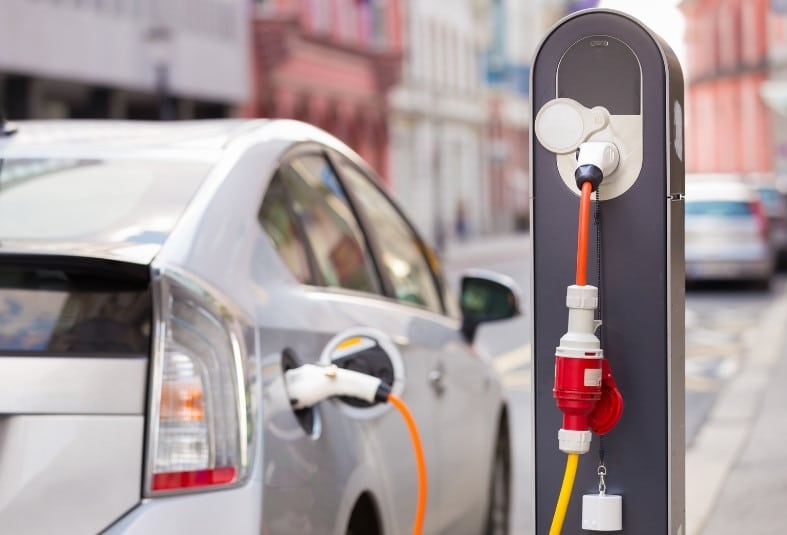On 29 June, the Australian Government announced a proposal to provide Fringe Benefits Tax (FBT) exemption on eligible electric cars provided by employers to current employees for private use. The Bill (The Treasury Amendment [Electric Car Discount] Bill 2022) was introduced to Federal Parliament on 27 July, only one month later. The Bill is still before Parliament and the Senate Economics Legislation Committee is due to give their report by 21 September. 1
Table of Contents
What changes have been proposed
Under the proposed amendments of the Fringe Benefits Tax Assessment Act 1986, a car benefit will be exempt if all the following conditions are satisfied:
- The benefit is provided to a current employee
- The car is a zero or low emissions vehicle
- The value of the car at the first retail sale (purchase price) was below $84,916 for 2022-23, which is the luxury car tax threshold for fuel-efficient cars, and
- The car was first held and used on or after 1 July 2022. 2
The Government will review the exemption in three years and consider electric car take up at that time and whether the exemption should continue and if so in what form.
Which vehicles are eligible for exemption?
Cars that qualify are:
- Battery electric cars
- Uses only an electric motor for propulsion
- Is not fitted with a fuel cell or an internal combustion engine
- Hydrogen fuel cell electric cars
- Also uses an electric motor for propulsion
- Is equipped with a fuel cell for converting hydrogen to electricity
- Is not fitted with an internal combustion engine
- Plug-in hybrid electric vehicles
- Uses an electric motor for propulsion
- Takes and stores energy from an external source of electricity
- Is fitted with an internal combustion engine for the generation of electrical energy and/or propulsion of the car.
Cars that do not meet the specific criteria of a ‘zero or low emissions vehicle’ will not qualify for the FBT exemption and employers providing car fringe benefits on these cars will be subject to FBT on the taxable value of the benefit. It’s still unknown whether the exemption will extend to hybrid cars or electric motorbikes. 2
Currently, there’s only a handful of electric cars costing less than 85k (the luxury car tax threshold amount) but it’s predicted that economies of scale will bring down prices as they form a greater share of the market. 1
How this could benefit you
If this Bill passes, not only will it be good for employers and their workers but it will make electric cars more accessible to the families who want them.
For example, if an electric car valued at about $50,000 is provided by an employer through this arrangement, FBT exemption will save the employer up to $9,000. For individuals using a salary sacrifice arrangement to pay for the same model, their savings would be up to $4,700 a year.
The FBT exemption should have the dual effect of making these cars more affordable to employees while reducing Australia’s carbon emissions from the transport industry. 1
While the Bill unfortunately does not cover early adopters of electric cars, it may prompt them to trade in for a new electric vehicle to take advantage of the new FBT exemption. This would therefore increase the stock of electric vehicles in Australia.
How we can help
Employers managing their business’ use of cars and employees provided with a car as part of their contract will have a clear financial incentive to switch from petrol to electric cars.
Fringe benefits can be confusing and if you’re not careful you may miss the tax implications it can cause on your business. It’s also important to note that you shouldn’t make any decisions until the Bill becomes law or before you talk to your tax accountant. If you have any questions on this update or want to know more about FBT and how your business could benefit, speak to our Accounting & Tax team today.





















